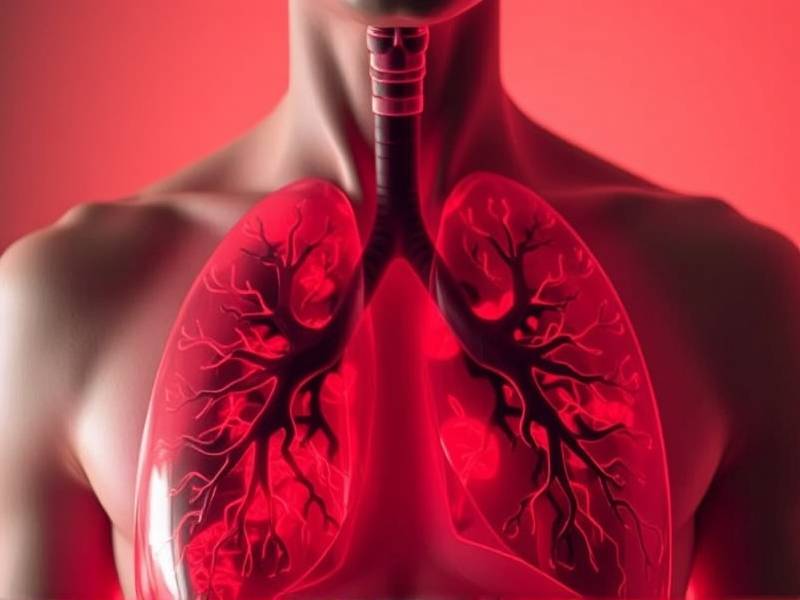When Does Lung Function Improve After Quitting Smoking?
"When Does Lung Function Begin to Improve Post-Quitting Smoking?"
Introduction: The decision to quit smoking is a significant step towards better health. Many smokers are eager to know when they can expect their lung function to start improving after kicking the habit. This article delves into the timeline of lung function recovery post-quitting smoking, offering insights from scientific research and expert opinions.

Understanding Lung Function Before we dive into the specifics, it's crucial to understand what lung function entails. Lung function refers to the ability of your lungs to take in oxygen and expel carbon dioxide. Smoking damages this process by introducing harmful chemicals into the respiratory system.

Early Improvements Contrary to popular belief, improvements in lung function don't wait for months or years. According to the American Lung Association, just 20 minutes after quitting smoking, your blood pressure and pulse rate begin to drop as your body starts repairing itself from the damage caused by nicotine.
Weeks 1-3: The First Milestone Within the first three weeks of quitting smoking, you'll likely notice a significant reduction in coughing and shortness of breath. This is because your lungs are beginning to clear out tar and other debris that have accumulated over time. Additionally, your sense of smell and taste may start improving as the cilia in your nose recover from smoke damage.
Months 1-9: A Steady Pace After about three months, you'll experience a further improvement in lung function. Your lungs will continue to clear out debris, and you may notice an increase in your ability to exercise without getting tired quickly.
Years 1-5: A Continued Pathway Over the course of one to five years after quitting smoking, your risk of heart disease decreases significantly compared with continuing smokers. Your lungs continue their journey towards recovery during this period.
Long-term Benefits The long-term benefits of quitting smoking are substantial. Ten years after quitting, your risk of dying from lung cancer is about half that of continuing smokers' risk. After 15 years without smoking, your risk is similar to that of someone who has never smoked.
Conclusion: The journey towards improved lung function post-quitting smoking is a gradual process but one that offers substantial health benefits over time. It's essential for smokers looking to quit to be aware that improvements begin almost immediately and continue for many years afterward. With determination and support, anyone can embark on this transformative journey towards better health.
